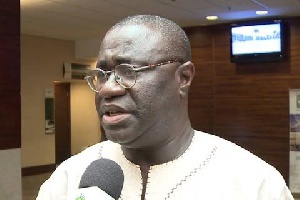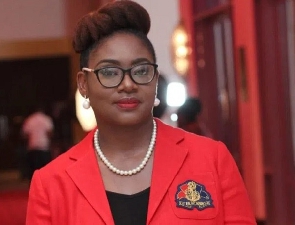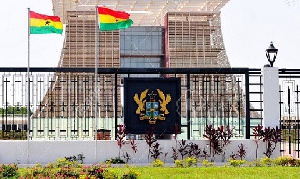Since Ghana’s return to multiparty democracy in 1992, the trend has been that opposition politicians who use foul language in campaigning have often been rewarded with Cabinet positions once their parties come to power, Dr Emmanuel Kwesi Aning, a security analyst with the Kofi Annan International Peacekeeping and Training Centre (KAIPTC), has said.
According to him, this trend sends a worrying signal, especially as the country prepares for this year’s presidential and parliamentary elections.
Speaking in an interview with Chief Jerry Forson, host of Ghana Yensom, on Accra100.5FM on Thursday, 25 August on how the political atmosphere in Ghana can be free of hate speech and abusive language, Dr Aning said: “If you look at the nature of our political organisations in this country, political organisations are voluntary organisations but we join political organisations because we share the same values, we share the same norms, we share the same principles. But what is happening in this country is that similar to the Public Order Act, political parties are unable to discipline their members…”
“Since 1992, the more abusive a politician is, the higher his or her chances of getting into Cabinet when his party comes into power. That sends a very dangerous signal about the language they use.”
He added: “Language can be used as a mobilising tool or platform; language or hate speech …so, from the political parties to their supporters and their agents, language is key. Unfortunately, from 1992 until now, I can read for you people who are in Cabinet now [and] what they said during the 2012 elections.”
“If political activities were governed by principles and norms, they [politicians who use foul language] shouldn’t come near Public political office and so language is number one [in ensuring an abuse-free election].”
General News of Thursday, 25 August 2016
Source: classfmonline.com

















